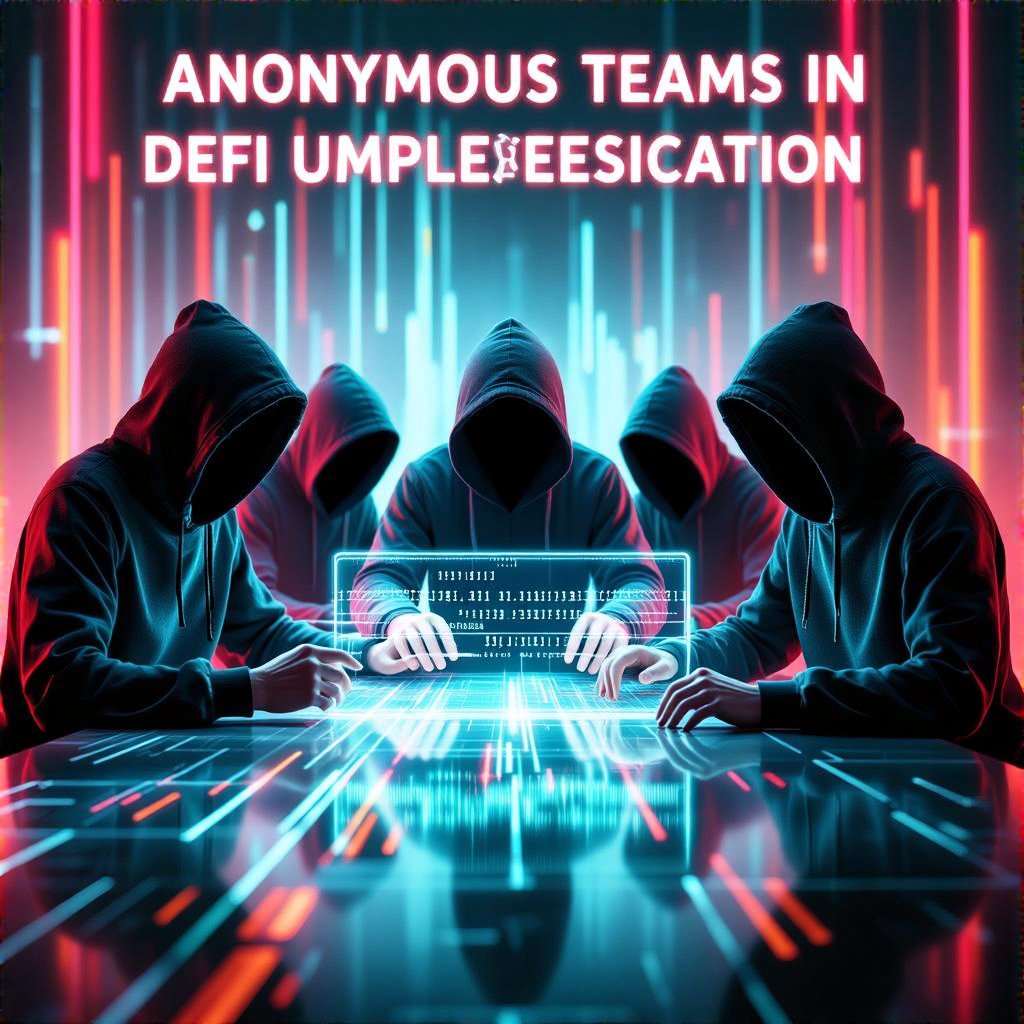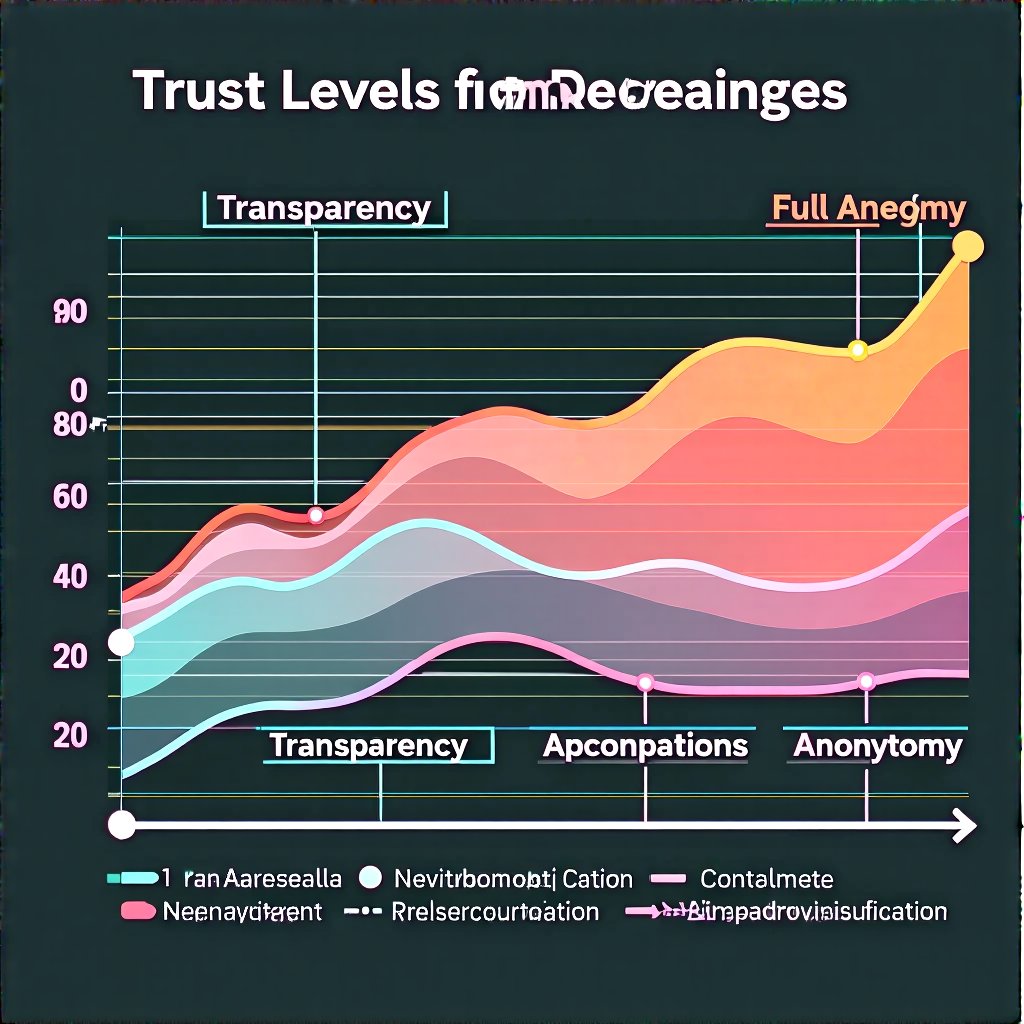The Risks of Anonymous Teams in DeFi: Trust & Transparency

Decentralized Finance (DeFi) has revolutionized the way we think about financial services, offering openness and democratization. However, many projects operate with team members who remain anonymous or pseudonymous, raising serious questions about trust and security.
- Impact on Trust and Investor Confidence
- Transparency Challenges
- Potential Risks and Vulnerabilities
- How to Assess Anonymous Teams
Impact on Trust and Investor Confidence
Trust is the foundation of any investment, especially in DeFi. When team members are anonymous, investors must rely on audits, community reputation, and on-chain activity. Lack of transparency can erode confidence quickly, especially if of any issues arise post-launch.

Transparency Challenges
Projects with masked teams often avoid revealing their identities, making it difficult to verify their credentials, experience, or motives. This opacity can hide red flags such as past scams, conflicts of interest, or insufficient expertise. According to recent studies, transparency is a key factor in sustainable DeFi development.
Potential Risks and Vulnerabilities
Anonymous teams may present risks such as malicious intent, lack of accountability, or malicious code insertion. Scam projects like some exit scams have thrived under the cover of anonymity, undermining investor trust and leading to significant losses.
How to Assess Anonymous Teams
While anonymity doesn't always mean a project is malicious, due diligence remains essential. Check for reputable audits, active community engagement, and the project’s adherence to security practices. Also, consider the project's transparency in governance, code review, and external endorsements. Familiarity with well-established projects that operate anonymously but maintain integrity can also provide some assurance. Remember, in crypto, transparency is a trust signal—use it as a key metric when evaluating projects.